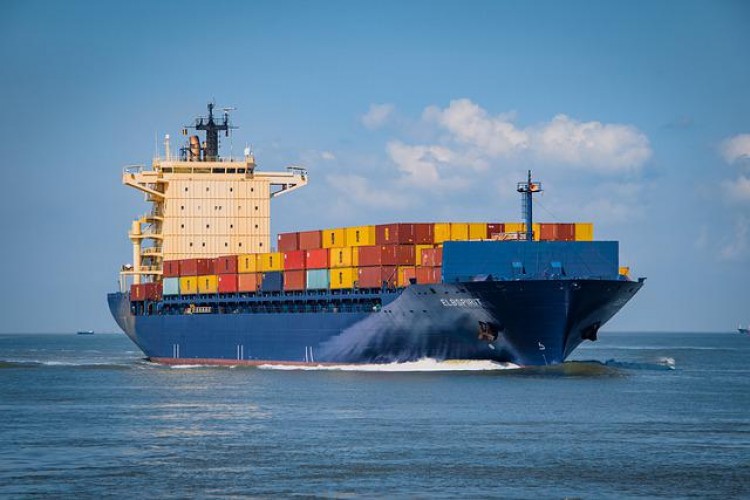Shipping companies are experiencing uncertainty about which fuels to use in the future to reduce greenhouse gas emissions and as a result many of them will carry on utilising older fleets. However with the upcoming regulations from the International Maritime Organization (IMO) requiring all ships to calculate their annual carbon intensity, the industry is moving to make existing fleets more efficient. This could include slowing the speed at which they sail - a 10% drop in cruising speed could cut fuel usage by 30%.
If shipping is the beating heart of global trade, its pulse is about to get slower.
Faced with uncertainty about which fuels to use in the long term to cut greenhouse gas emissions, many shipping firms are sticking with ageing fleets, but older vessels may soon have to start sailing slower to comply with new environmental rules.
From next year, the International Maritime Organization (IMO) requires all ships to calculate their annual carbon intensity based on a vessel's emissions for the cargo it carries - and show that it is progressively coming down.
While older ships can be retrofitted with devices to lower emissions, analysts say the quickest fix is just to go slower, with a 10% drop in cruising speeds slashing fuel usage by almost 30%, according to marine sector lender Danish Ship Finance.
"They're basically being told to either improve the ship or slow down," said Jan Dieleman, president of Cargill Ocean Transportation, the freight division of commodities trading house Cargill, which leases more than 600 vessels to ferry mainly food and energy products around the world.
Supply chains are already strained due to a surge in demand as economies rebound from lockdowns, pandemic disruptions at ports and a lack of new ships. If older vessels move into the slow lane as well, shipping capacity could take another hit at a time when record freight rates are driving up inflation.
At the moment, only about 5% of the world's fleet can run on less-polluting alternatives to fuel oil, even though more than 40% of new ship orders will have that option, according to data from shipping analytics firm Clarksons Research.
But the new orders are not coming in fast enough to halt the trend of an ageing fleet across all three main types of cargo vessels: tankers, container ships and bulk carriers, the data provided to Reuters by Clarksons Research shows.
The average age of bulk carriers, which carry loose cargo such as grain and coal, had jumped to 11.4 years by June 2022 from 8.7 five years ago. Container ships now average 14.1 years, up from 11.6, while for tankers the average age was 12 years, up from 10.3 in 2017, according to the data.
"Some ship owners have preferred to buy second-hand vessels because of the uncertainties around future fuels," said Stephen Gordon, managing director at Clarksons Research.






